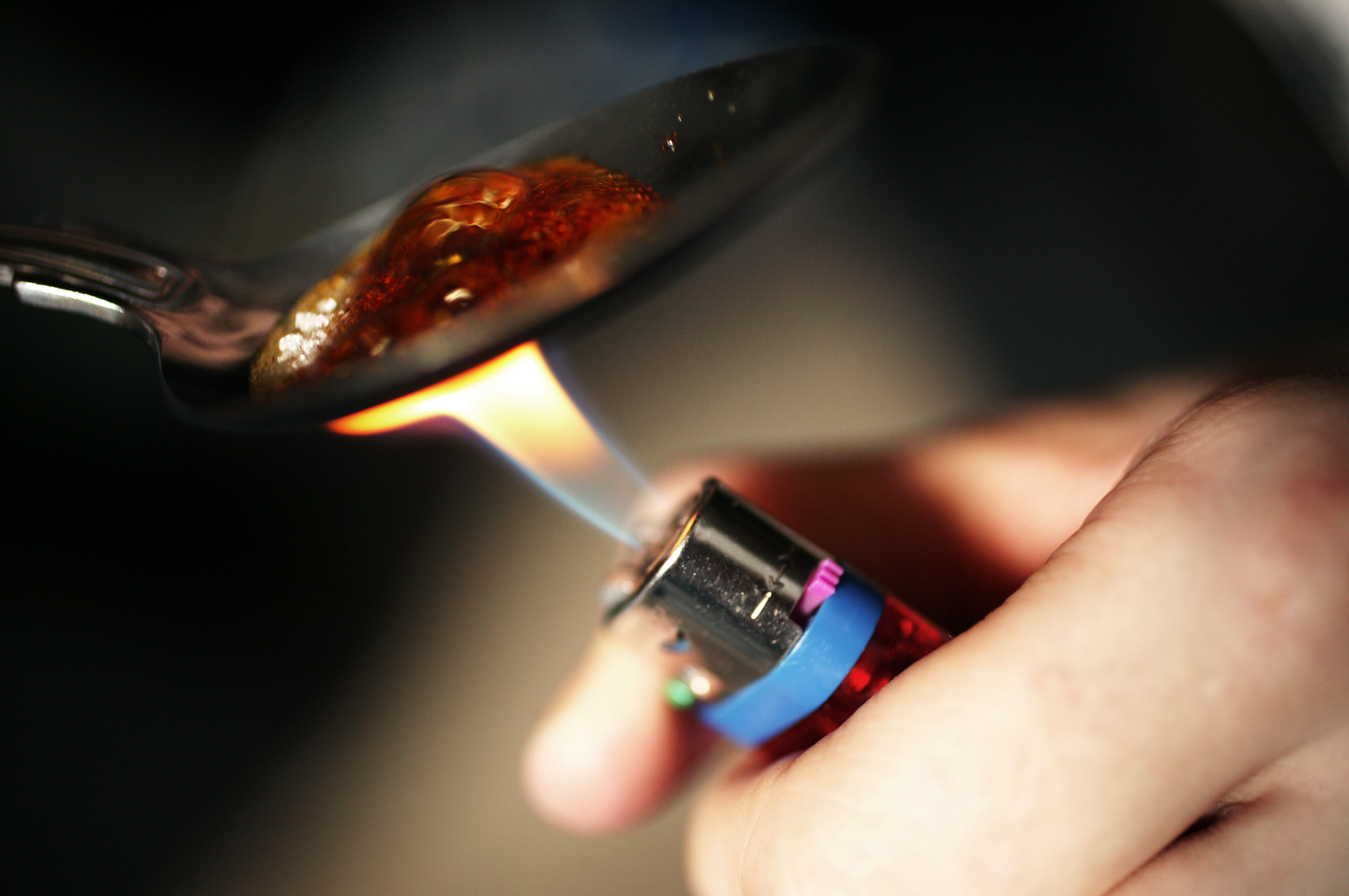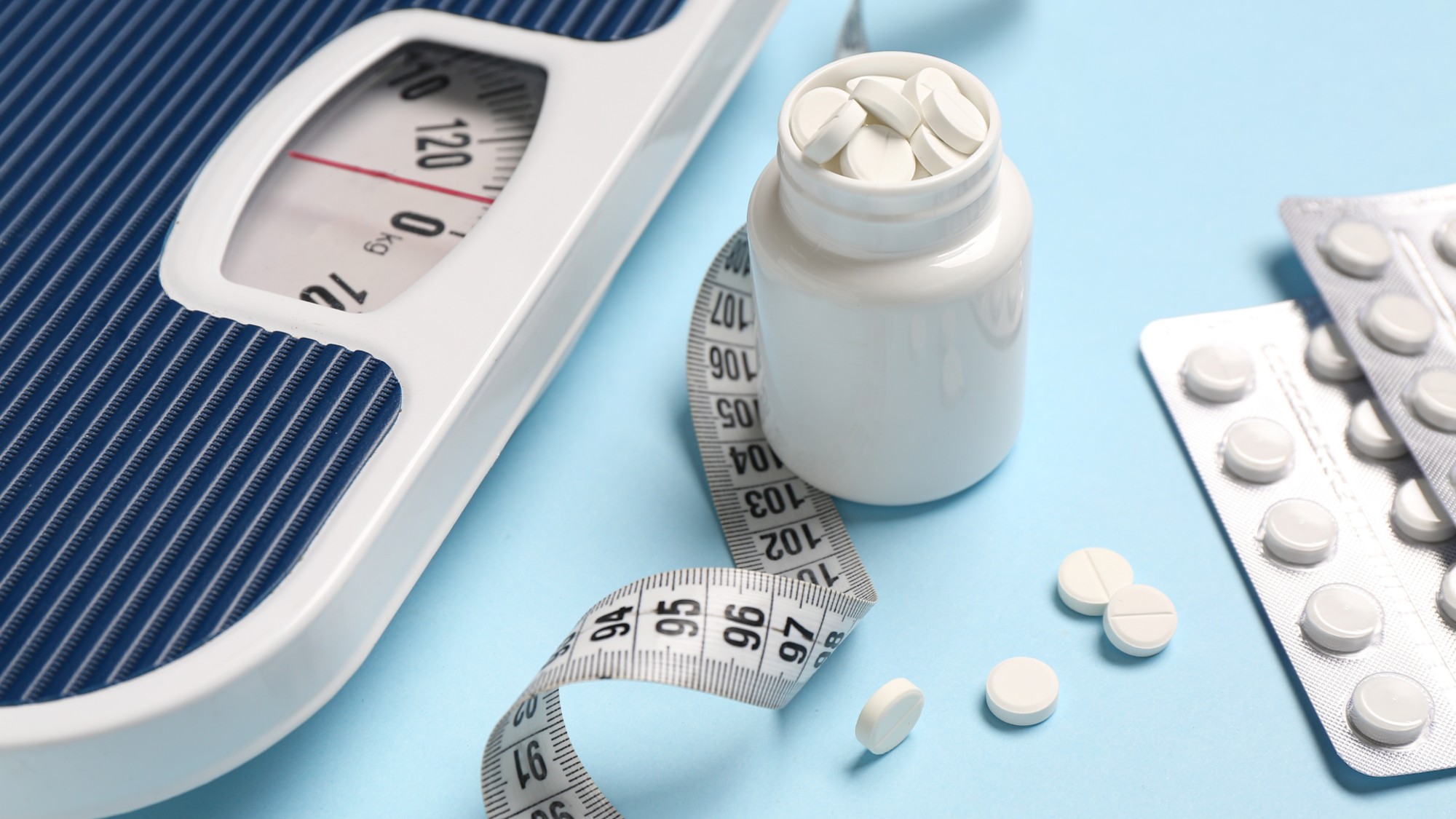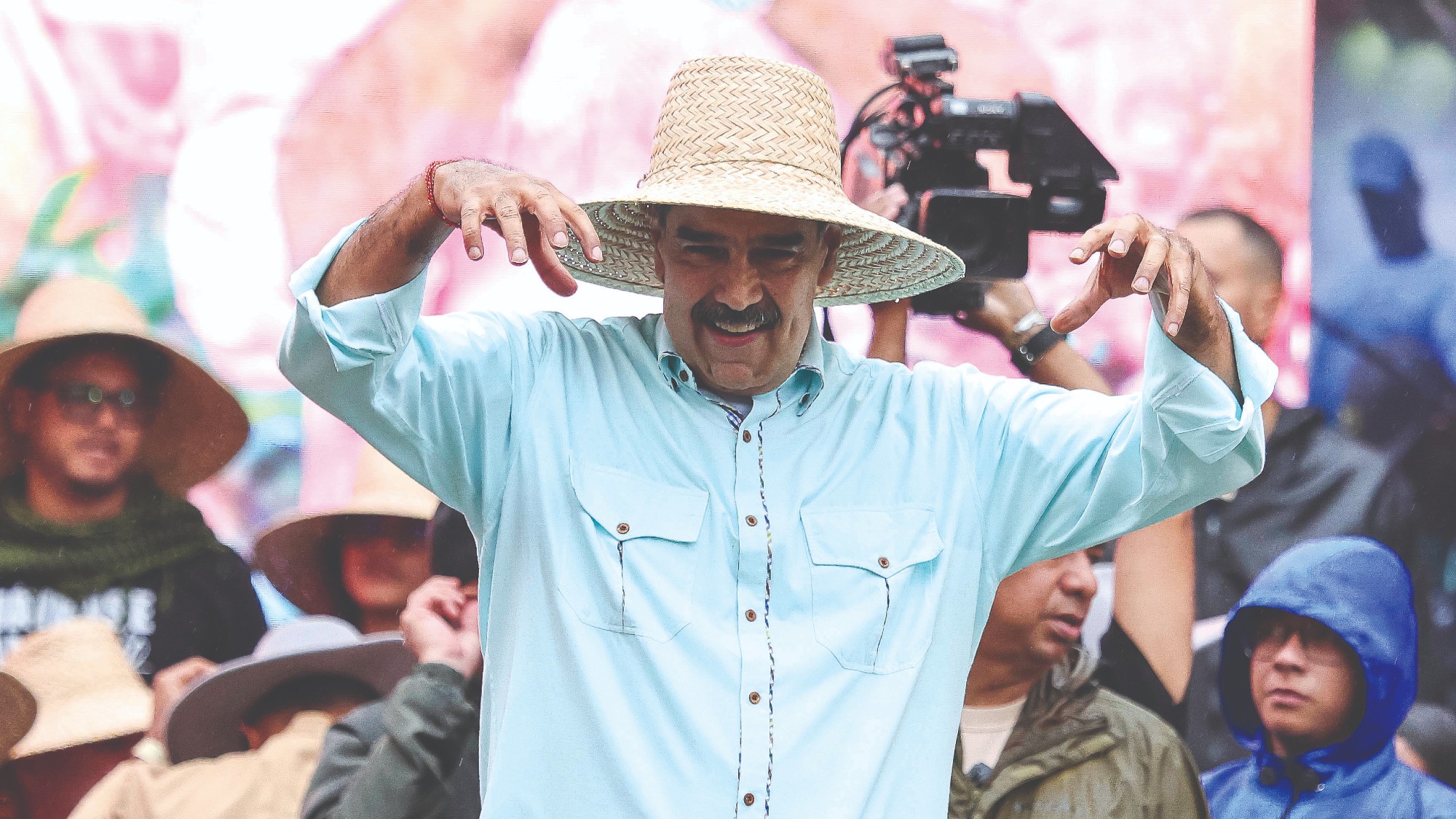Legalize heroin
America has a heroin epidemic. The solution is simple: Legalize heroin.


The feds might not realize it yet, but legal weed is a fait accompli. Recreational marijuana is already legal in four states plus the District of Columbia, and it's decriminalized in 14 more states. Legalizing medical marijuana has the support of nine in 10 Americans — a shocking unanimity in this partisan age — and various pot-related initiatives will be on the ballot in a record nine states this November.
We're still hammering out the peace accords, but the war against pot prohibition has been won. Now it's time to turn our attention to an inevitably harder fight for legalizing harder drugs, the most pressing of which, from a public health perspective, is undoubtedly heroin.
The U.S. government should legalize heroin.
The Week
Escape your echo chamber. Get the facts behind the news, plus analysis from multiple perspectives.

Sign up for The Week's Free Newsletters
From our morning news briefing to a weekly Good News Newsletter, get the best of The Week delivered directly to your inbox.
From our morning news briefing to a weekly Good News Newsletter, get the best of The Week delivered directly to your inbox.
The last five years have seen heroin overdose deaths dramatically spike in the United States, from just over 3,000 in 2010 to more than 10,500 in 2014, the latest year for which the National Institutes of Health provides data. In fact, drug overdose deaths now outpace car crashes in taking American lives, and about half those overdoses are attributable to heroin and other opioids.
Heroin was once seen as an urban, minority problem — think 1980s Baltimore — that was subjected to a rotation of stigma, punishment, and silence. Today, heroin users are overwhelmingly white, working class, and rural. This demographic shift has helped catapult the heroin epidemic to national attention, but arguably accomplished little in the way of meaningful political change. (The cynical might be tempted to suggest this stagnation has something to do with the present unpopularity of the white working class among the political establishment, yet even their supposed champion, Donald Trump, has been mostly quiet on this point.) As much as we hear of white voters demanding a "gentler war on drugs," substantial reform has been slow to nonexistent.
Sure, the White House has requested (and so far not received) $1.1 billion to expand treatment options and educational efforts. But harsh mandatory minimum sentences have gone unchallenged, as has the basic assumptions that keeping heroin illegal and punishing possession with jail time are the best ways to prevent the devastation heroin wreaks.
That is a dangerous and callous mistake. Recent history and present practicalities alike make clear that the best way to cut down on heroin abuse is to legalize it — or at the very least, decriminalize it.
A free daily email with the biggest news stories of the day – and the best features from TheWeek.com
The crown jewel of evidence for this point is the experience of Portugal, whose culture and form of government are similar enough to our own to make comparison reasonable. In 2001, Portugal decriminalized all drugs. All drugs.
A decade later, hard drug abuse had dropped by half. Drug overdose deaths in Portugal are now all but nonexistent: just three for every million people each year. (Were overdose deaths happening in America at a Portuguese rate, we'd see fewer than 1,000 die annually, more than a 90 percent drop from the current numbers on opioid-related deaths, let alone total overdose deaths.) Portuguese use of sketchy "legal" substitutes is way down, too, because there’s no need to mess with dangerous unknowns when you’ll only get a small fine and maybe a rehab referral if you’re caught with the real thing.
Heroin addiction — suffered by fully 1 percent of Portugal's population pre-decriminalization — is estimated to have dropped by about half, and most of those who are still addicted are on substitution treatment and in no statistical danger of overdose.
By contrast, here in the States, strict prohibition has utterly failed to prevent drug use rates at world-record levels. Drug war spending is perhaps the only thing to spike faster than heroin addiction, and we have nothing to show for it. In 2016, Rolling Stone notes, "the federal government is spending more than $1,100 per person to combat the habit of America's 27 million illicit-drug users, and 22 million of them use marijuana." With more than $1.5 trillion down the drain, U.S. addiction rates have utterly failed to improve.
If anything, the drug war makes illicit opioid use more dangerous than it otherwise would be. Heroin abuse often begins as an extension of opioid addiction fostered by over-prescription, and once users get their supply from the street instead of the pharmacy, prohibition produces tainted and mislabeled products that make overdose more likely — just like it did with alcohol nearly a century ago.
Criminalizing the heroin supply chain produces a risky and therefore lucrative market for violent criminals, leading to casualties far beyond the toll of drug abuse itself. To argue for legal heroin "does not, at first blush, appear to put one on the side of the angels," explains Harvard's Danielle Allen, but "the war on drugs drives violent crime, which in turn pushes up incarceration and generates other negative social outcomes. You just can't move $100 billion worth of illegal product without a lot of assault and homicide."
Prohibition even makes safe treatment less likely for addicts who know they have a problem and actively want to change their lives. After decriminalization, Portugal saw the rate of people seeking addiction treatment nearly double, because now there is essentially no downside to doing so. With a looming threat of jail or coercive court-mandated rehab stints shaped as much by policy goals than each individual's unique health care needs, the same cannot be said here.
My own advocacy for ending the drug war stems largely from convictions about personal choice and bodily autonomy. But the health care argument actually may be the most persuasive case for legal heroin. The vast majority of Americans support legalizing medical marijuana because they’ve come to understand what a source of relief it can be for people suffering from cancer, epilepsy, and other chronic diseases.
Heroin addicts need relief too — relief from their addiction itself, yes, but also from dangerous products, organized crime, and a government eager to lock them up in a prison environment hardly conducive to improving physical or mental health. Of course, there is an element of choice in opioid abuse that is missing from a cancer diagnosis. Still, the heroin epidemic is a health crisis, and legalization is a viable and practical solution that compassion dictates we must consider.
Bonnie Kristian was a deputy editor and acting editor-in-chief of TheWeek.com. She is a columnist at Christianity Today and author of Untrustworthy: The Knowledge Crisis Breaking Our Brains, Polluting Our Politics, and Corrupting Christian Community (forthcoming 2022) and A Flexible Faith: Rethinking What It Means to Follow Jesus Today (2018). Her writing has also appeared at Time Magazine, CNN, USA Today, Newsweek, the Los Angeles Times, and The American Conservative, among other outlets.
-
 The launch of the world’s first weight-loss pill
The launch of the world’s first weight-loss pillSpeed Read Novo Nordisk and Eli Lilly have been racing to release the first GLP-1 pill
-
 Six sensational hotels to discover in 2026
Six sensational hotels to discover in 2026The Week Recommends From a rainforest lodge to a fashionable address in Manhattan – here are six hotels that travel journalists recommend for this year
-
 Maduro’s capture: two hours that shook the world
Maduro’s capture: two hours that shook the worldTalking Point Evoking memories of the US assault on Panama in 1989, the manoeuvre is being described as the fastest regime change in history
